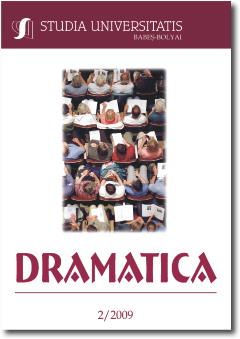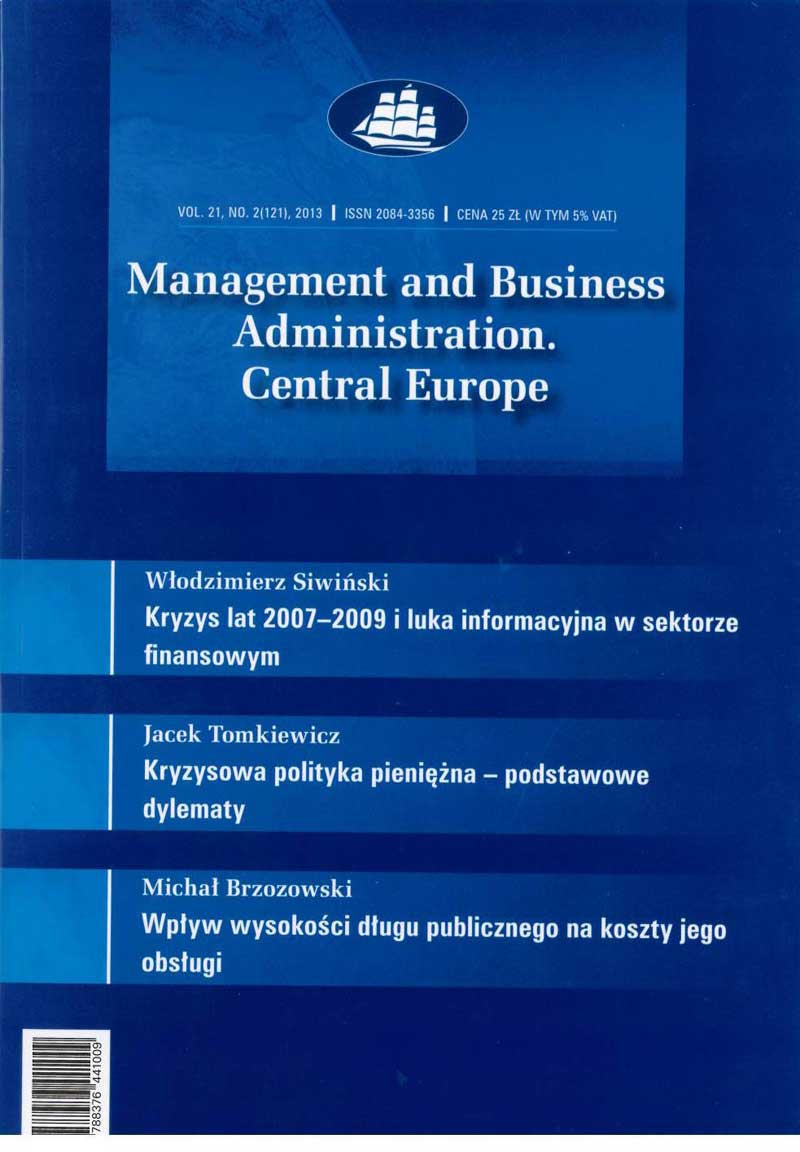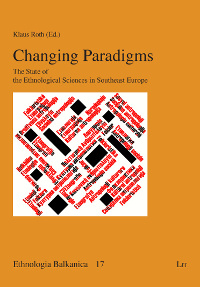
COCTEAU THE FILMMAKER: AN ARTISTIC CONCEPTION AT THE CROSSROADS OF LITERATURE AND VISUAL ARTS
LE CINÉASTE COCTEAU : UNE CONCEPTION ARTISTIQUE AU CARREFOUR DE LA LITTÉRATURE ET DES ARTS VISUELS
Keywords: Jean Cocteau; visual arts; literature and cinema; poetical intuition.
A poet and a movie director, Jean Cocteau brilliantly manifested surrealist inspiration in his poetry, in the performative art of his theatrical representation, and in his cinematography. His work is the best example to follow when asking how much the new art of cinematography inherited from other artistic expressions, especially from literature. This study seeks to provide new and interdisciplinary inside into precisely those ways in which film is intimately related to literature.This article recognizes cinema as a longstanding art and analyzes its technique, inspired by other arts. As with literary texts, cinema must attend to narrative creation, to the construction of plot and to the unfolding of character. As in theatre it involves declamation and the art of decorations. As in dance performance it relies on music, sound and animation. There are ways in which cinematography, through special effects, finds its own path and provides a means to express poetical intuition. In this, Cocteau has been recognized as one of the most creative directors of all time.
More...

